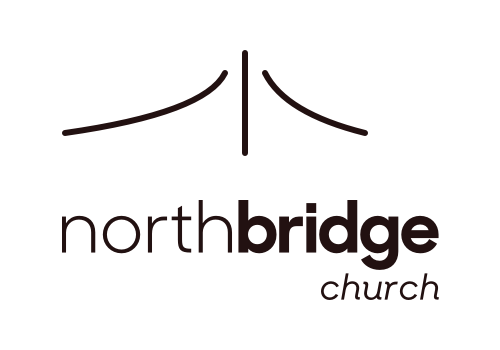2nd London Baptist Confession of Faith Exhortation - 1/16/2022
This second chapter of the confession is perhaps the most important chapter of this confession as this chapter is basically a summary of who God is, his very nature. As AW Tozer said, "What comes into our minds when we think about God is the most important thing about us."
Two reasons for this is so important:
the first is that according to Jesus this is not just central to eternal life, knowing God is eternal life. John 17:3 reads "And this is eternal life, that they know you, the only true God, and Jesus Christ whom you have sent."
Secondly, we become like what we worship. This is a biblical principle I don't have time to elaborate, but listen to this one passage from 2nd Corinthians3:18 "And we all, with unveiled face, beholding the glory of the Lord, are being transformed into the same image from one degree of glory to another. For this comes from the Lord who is the Spirit." Or as John Owen put it: "Here would I live; here would I die; here would I dwell in my thoughts and affections, to the withering and consumption of all the painted beauties of this world, to the crucifying all things here below until they become to me a dead and deformed thing, in no way meet for affectionate embraces."
What is so great about this chapter is that it makes the glory, the greatness of the Lord, tangible, it makes his glory palpable. If you are looking for something to add in during an ACTS prayer for the adoration section, take notes.
In section one we see the glory of the Lord in his infinite perfections.
1. The Lord our God is one, the only living and true God. He is self-existent and infinite in being and perfection. His essence cannot be understood by anyone but him. He is a perfectly pure spirit. He is invisible and has no body, parts, or changeable emotions. He alone has immortality, dwelling in light that no one can approach. He is unchangeable, immense, eternal, incomprehensible, almighty, in every way infinite, absolutely holy, perfectly wise, wholly free, completely absolute. He works all things according to the counsel of his own unchangeable and completely righteous will for his own glory. He is most loving, gracious, merciful, and patient. He overflows with goodness and truth, forgiving iniquity, transgression, and sin. He rewards those who seek him diligently. At the same time, he is perfectly just and terrifying in his judgments. He hates all sin and will certainly not clear the guilty.
Section 2 shows the glory of the lord in his self-sufficiency
2. God has all life, glory, goodness, and blessedness in and of himself; he alone is all-sufficient in himself. He does not need any creature he has made nor does he derive any glory from them. Instead, he demonstrates his own glory in them, by them, to them, and upon them. He alone is the source of all being, and everything is from him, through him, and to him. He has absolute sovereign rule over all creatures, to act through them, for them, or upon them as he pleases. In his sight everything is open and visible. His knowledge is infinite and infallible. It does not depend upon any creature, so for him nothing is contingent or uncertain. He is absolutely holy in all his plans, in all his works, and in all his commands. Angels and human beings owe to him all the worship, service, or obedience that creatures owe to the Creator and whatever else he is pleased to require of them.
Thirdly, this chapter shows us the glory of the Lord in his tri-personal nature, in what we call the trinity.
3. This divine and infinite Being consists of three real persons, the Father, the Word or Son, and the Holy Spirit. These three have the same substance, power, and eternity, each having the whole divine essence without this essence being divided. The Father is not derived from anyone, neither begotten nor proceeding. The Son is eternally begotten of the Father. The Holy Spirit proceeds from the Father and the Son. All three are infinite and without beginning and are therefore only one God, who is not to be divided in nature and being. Yet these three are distinguished by several distinctive characteristics and personal relations. This truth of the Trinity is the foundation of all of our fellowship with God and of our comforting dependence on him.
Not only do we see God's glory clearly on display in this chapter, but isn't this also a comfort? To be reminded who our comforter is? At the same time this should humble us. It should humble us to realize God is infinite in his perfections, because we are not. It should humble us to recognize the Lord is the only self-sufficient one that we are dependent on.
Let me give you one more way you could apply what we've read, and I want to do this in line with a book titled "When people are big and God is small" by Ed Welch. His central point is that fear of man is essentially seeing God too small and people too big. What better to help us see God better than this chapter? Now perhaps it's not that people can be to big in your life, but what about politics? Comfort? Or even perhaps we think too much of ourselves and too little of the Lord?
With this application, let me suggest two questions you can ask "what is an area in your life that is too big, where God is too small?" secondly, "What from the chapter helps you see God as bigger, see God as greater?"
